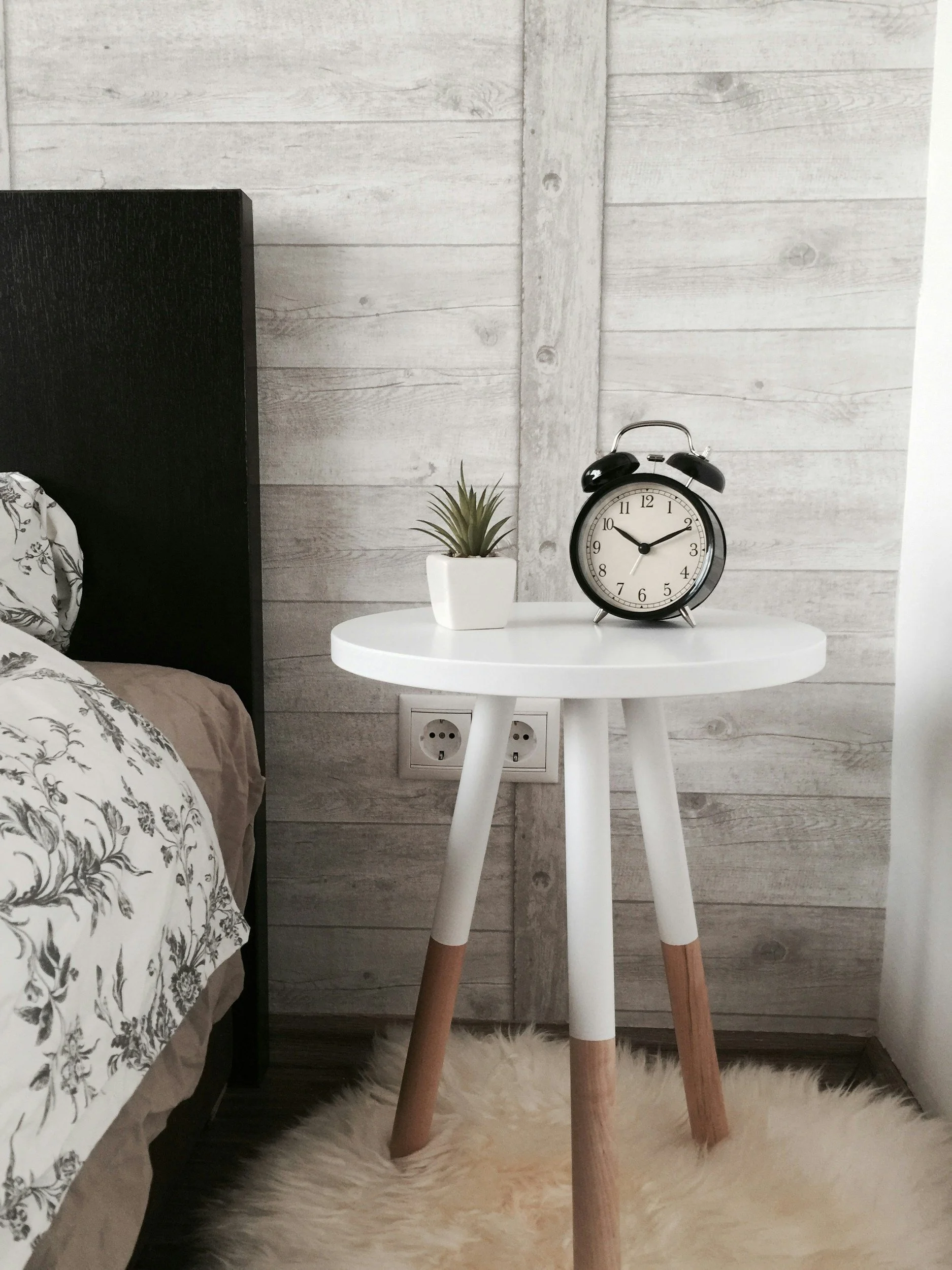Insomnia. It happens to almost everyone at some point. We can power through occasional and brief episodes. But those prolonged and recurring episodes can just about ruin your day...every day. If you can’t sleep, here are some possible reasons why.
Something Is Bothering You
Whether you realize it or not, something may be on your mind that’s interfering with your sleep. This is true whether you’re having a hard time falling asleep or you’re waking up at 3am and unable to fall back asleep. You may have gotten so used to this source of stress that you don’t realize it’s bothering you. This could be a change at work, a change in your financial situation, an upcoming visit from someone you don’t like, worry about a mysterious symptom you or your loved one is experiencing, ongoing marital problems, feeling lonely or bored in life - the list of possible options is endless and unique to your experiences. Mental health issues like clinical depression and anxiety are also associated with insomnia.
Your Hormones
The hormonal shifts that happen with menopause and perimenopause can interfere with sleep. Abnormal thyroid levels can also have a dramatic impact on sleep. In some cases, testing can help determine if hormones are playing a role in your insomnia. Birth control pills and hormonal IUDs may also interfere with sleep. Testing in these situations is more complicated as results may be skewed because of the hormonal influence of the birth control. Please do not change your prescription medications without consulting your doctor.
Nutritional Deficiencies And Supplements
Nutritional deficiencies like iron deficiency and low vitamin d have been associated with poor sleep. On the flip side, taking certain nutritional supplements or herbal remedies before bed can worsen sleep. One example of this is a B-complex. Many B vitamins can increase energy and can interfere with sleep if taken too close to bed. The same goes for certain herbal remedies like rhodiola. Talk to your naturopathic doctor to get a good schedule for your natural remedies and supplements.
You’re Spending Too Much Time On Your Bed
The bed is not the place to watch TV, scroll on your phone, send emails or do work. When we do this, the brain starts to associate the bed with wakefulness rather than sleep. When it comes to sleep we need to convince our busy minds that when we are in bed, it’s time to shut down and sleep. If you need background noise to fall asleep, consider music or white noise. Tossing and turning in bed when you can’t sleep also disturbs this sleep-bed association. That’s why it’s recommended to get out of bed when you can’t sleep and do something relaxing (screen free) until the desire to sleep returns. When that happens, you try going to bed again.
Of course, these are only a few things that could be contributing to your inability to sleep. Working with an experienced health care provider can help you get to the bottom of your unique sleep issues. If you need help managing your sleep and you want to learn more about how a naturopathic doctor can help you, get in touch.


